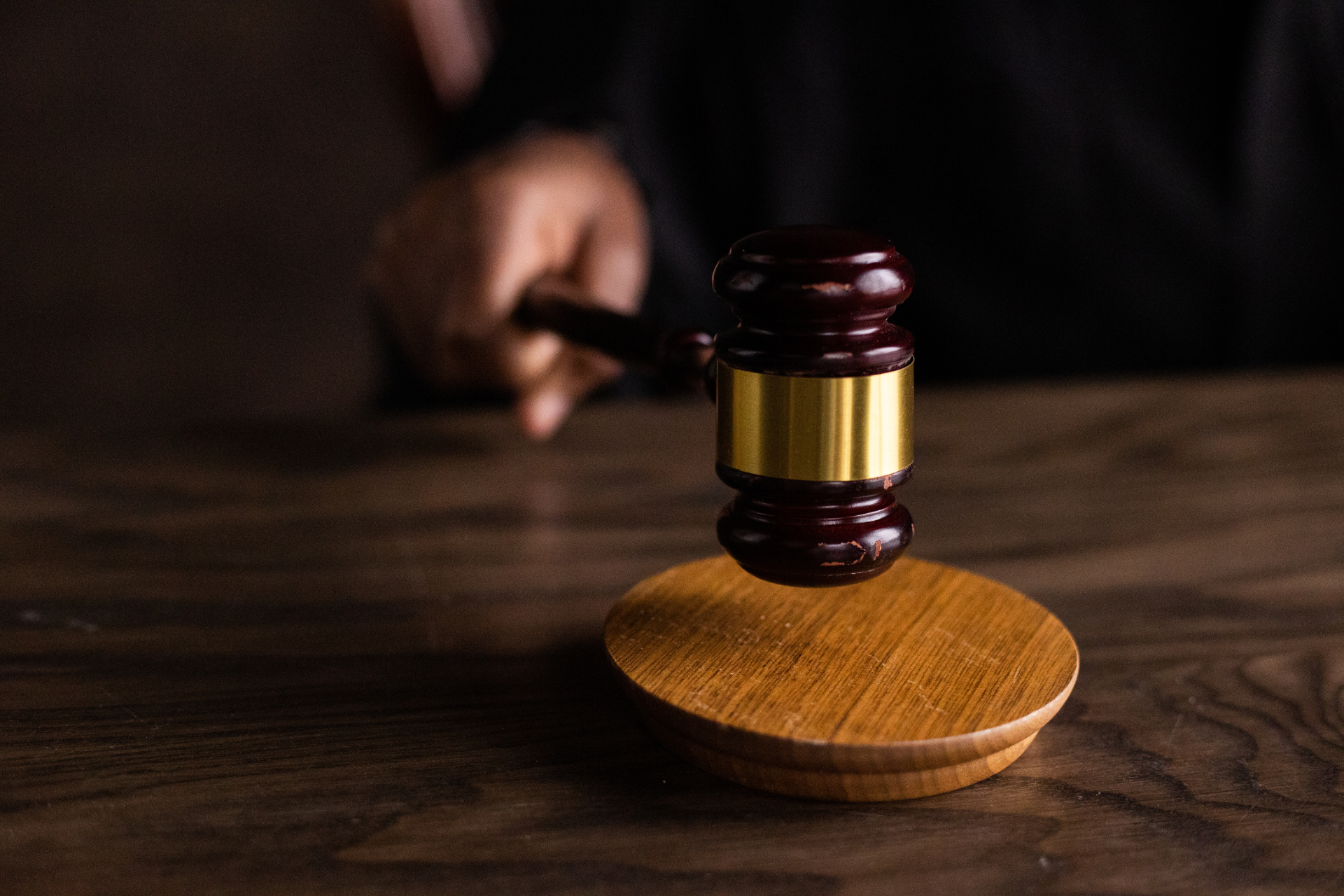Common Myths About Litigation: FAQs
At The Clearman Law Firm, PLLC, we understand that the field of litigation is often surrounded by complexities and nuances that can be daunting. However, with the right legal team, these challenges become manageable and much less intimidating. To provide clarity and reassurance, we’d like to debunk some common myths about litigation that may influence your perception and decisions in legal matters.
Frequently Asked Questions
Is my case a “slam dunk”?
It’s tempting to think some cases are guaranteed wins, especially when the facts seem overwhelmingly in your favor. However, litigation is inherently unpredictable. Various factors such as judicial discretion, opposing counsel’s strategy, and unforeseen evidence can all impact the outcome. That’s why having a skilled legal team is key to ensuring your litigatory success. Quality representation, strategic planning, and effective witness management play crucial roles in the outcome.
Will having plenty of witnesses ensure my case's success?
Having numerous witnesses might seem like a surefire boost to your case. However, the quality of witness testimonies often outweighs the quantity. Poorly prepared witnesses can undermine your position. During preparation for your case, our team ensures that all testimonies are reliable and impactful, enhancing your case’s credibility even in challenging scenarios such as employment disputes.
Will the other party immediately settle once we sue?
Many assume that filing a lawsuit will quickly pressure the other side into settling. Litigation can be complex and prolonged; an immediate settlement is not always a given. Although initiating a lawsuit doesn’t always lead to an immediate settlement, our experience and strategic approach often prompt more timely resolutions. We understand how to leverage the strengths of your case to encourage settlements where possible, guiding you through the necessary legal maneuvers efficiently.
Is being deposed easy?
Some parties anticipate depositions with confidence, underestimating their complexity. In reality, depositions can be challenging, and mishandling them can severely weaken your case. With thorough preparation and support, we work to ensure this step becomes a strong advantage for your case.
Can recorded conversations be used as straightforward evidence?
Recording someone as evidence may sound like a straightforward way to support your case, but legal restrictions can complicate the use of recorded conversations. That’s why we guide our clients through the proper legal channels to ensure that all evidence is admissible and used effectively within the bounds of the law. We navigate these challenges to safeguard your position in the litigation.
How can understanding these myths affect my litigation experience?
Understanding these myths and approaching them with the right legal strategies can significantly affect your litigation experience. If you have any questions or need further clarification on these points or any other legal matters, please do not hesitate to reach out. We are here to help.
Contact Us
If you have any questions or need further clarification on these points or any other legal matters, please do not hesitate to reach out. Contact The Clearman Law Firm, PLLC, to discuss your case and how we can assist you in navigating the complexities of litigation.









